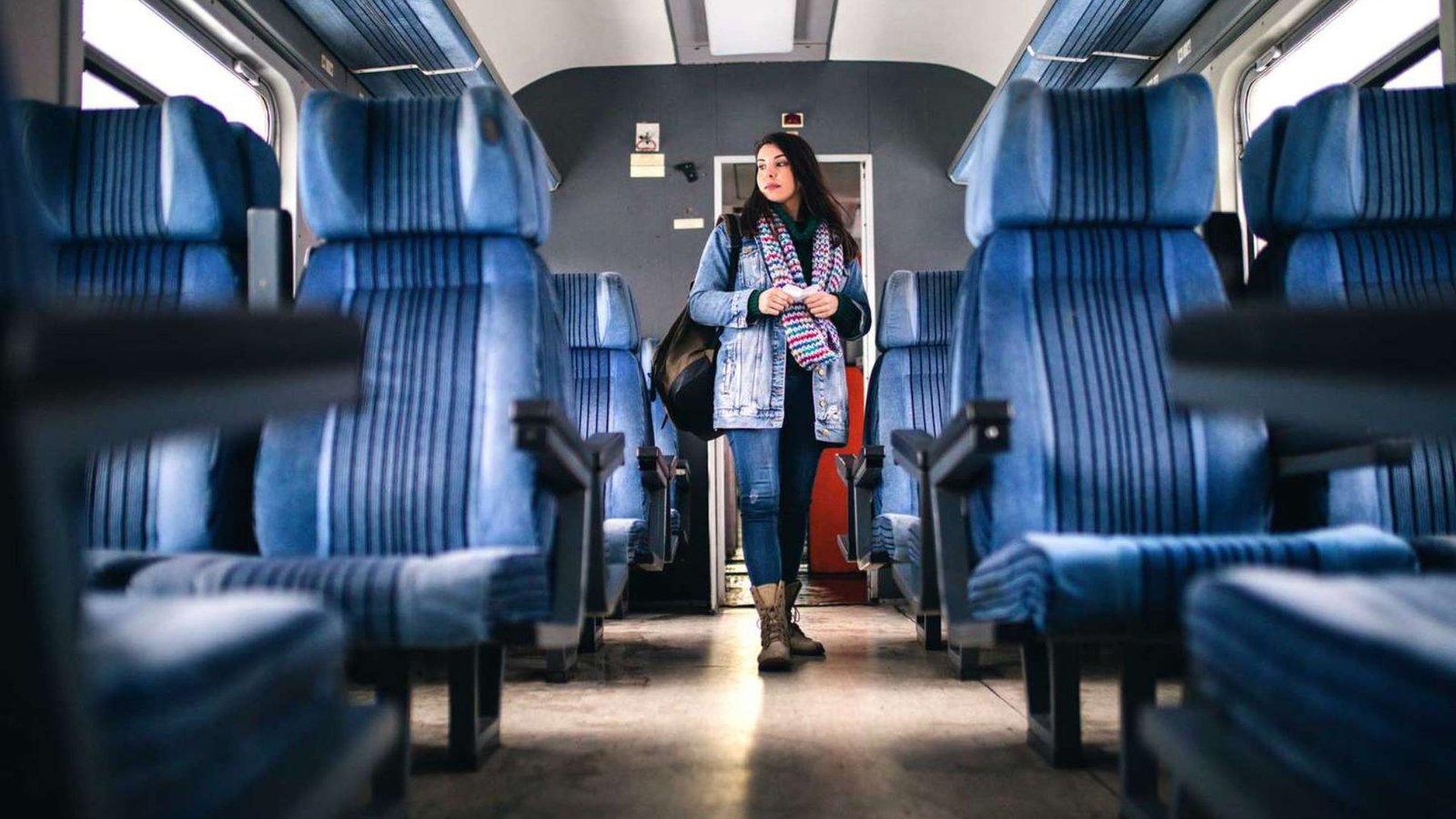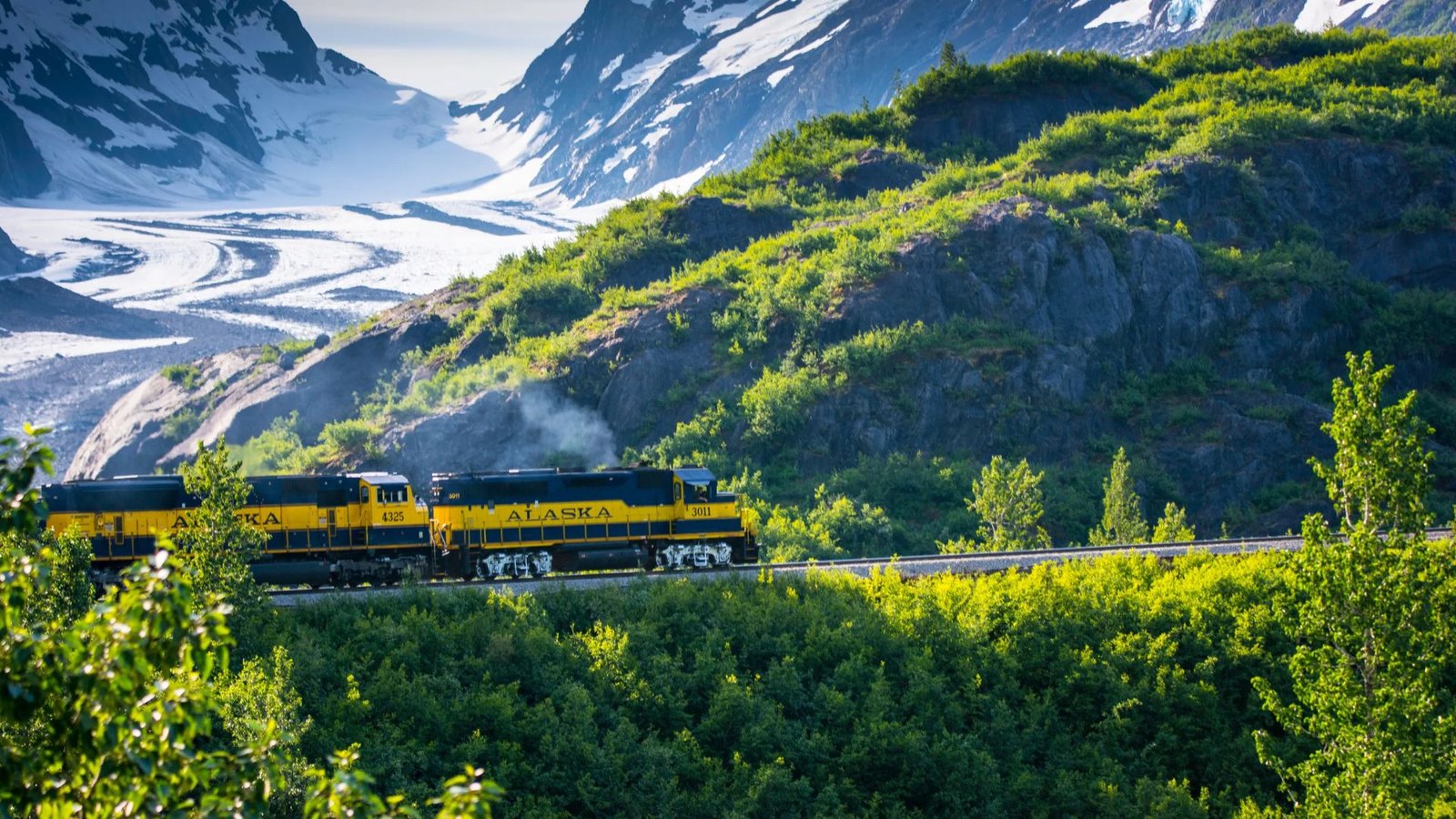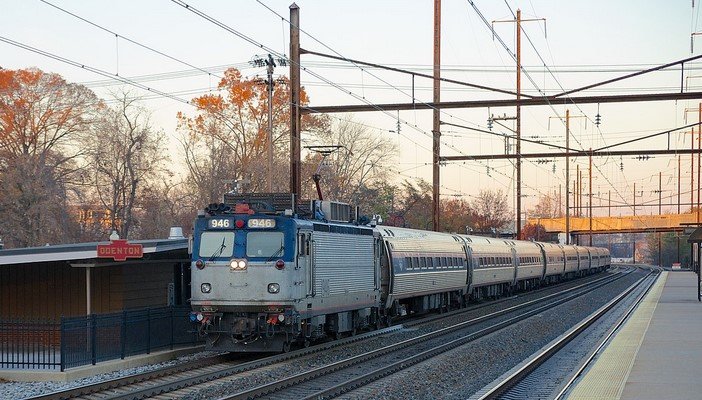Trains offer a unique way to travel that combines comfort, convenience, and sustainability. While flying and driving are popular transportation options, trains provide an experience that is different from both. From scenic routes to environmental benefits, train travel stands out as a distinctive choice for passengers. In this article, we’ll explore what makes train travel unique and why more people are choosing it for both short and long journeys.

1. Scenic Views and Relaxing Atmosphere
One of the standout features of train travel is the ability to enjoy scenic views while you travel. Unlike flying, where you are limited to tiny windows and a high-altitude perspective, trains often pass through beautiful landscapes, including mountains, rivers, forests, and charming towns. Passengers can sit back, relax, and enjoy the ever-changing views outside, which makes the journey itself a memorable experience.
Additionally, the comfort of a train allows you to move around, stretch your legs, and even visit a dining car, all while enjoying the scenery. The leisurely pace of train travel provides a relaxed and enjoyable atmosphere that many travelers find appealing.
2. Comfort and Space
Compared to airplanes or cars, trains offer much more space. Train seats are typically larger, with more legroom and freedom to move around. This comfort makes long-distance travel much more enjoyable, as you’re not confined to a small seat for hours. Many trains also offer features like reclining seats, power outlets, and Wi-Fi, making it easy to relax or stay connected during your journey.
In addition to the seating, trains often have more facilities such as restrooms, food counters, and lounges. These features allow passengers to make the most of their journey without feeling cramped or uncomfortable.
3. Eco-Friendly and Sustainable Travel
In today’s world, sustainability is more important than ever. Trains are a more eco-friendly option compared to flying or driving. Trains produce fewer carbon emissions per passenger, especially when they are powered by renewable energy sources such as wind, solar, or hydroelectric power. They are also more energy-efficient than airplanes, which makes them a great choice for travelers who want to reduce their carbon footprint.
As countries continue to focus on sustainability, train networks are becoming increasingly powered by green energy, making rail travel one of the greenest modes of transport available today. By choosing to travel by train, passengers can contribute to a more sustainable future.
4. Convenience and Accessibility
Trains are often more convenient than flying, especially for short to medium-distance trips. Train stations are usually located closer to city centers than airports, making them easier to access. Passengers don’t have to deal with long security lines or arrive hours in advance, as they would with air travel. The boarding process is quicker and more straightforward, so passengers can get to their destinations with less hassle.
Additionally, trains often run on time, making it easier to plan your journey and arrive at your destination without delays. The convenience of train travel makes it an appealing option for busy travelers who need to get from one place to another with minimal stress.
5. Connection to Local Transport Networks
Another factor that makes train travel unique is its integration with local transportation networks. Trains are often linked to buses, subways, and trams, making it easy to transfer to your final destination. This multimodal transport system allows passengers to continue their journey smoothly once they reach the train station.
For example, many European train systems are well-connected to local transit options, allowing travelers to easily explore the city or town once they arrive. The ease of switching between trains and local transport makes rail travel a practical and seamless way to get around.
6. No Baggage Restrictions or Hidden Fees
Unlike flying, which often comes with strict baggage limits and hidden fees, train travel allows passengers to bring more luggage without worrying about excess baggage charges. Most train stations have larger baggage areas, and you can store your belongings with ease. Some trains even offer larger luggage compartments for oversized items like bicycles or large suitcases, which can be a big advantage for travelers with a lot of gear.
With trains, you don’t have to worry about the additional costs that often come with flying, such as checked baggage fees, seat selection fees, or food charges. This makes train journeys more transparent in terms of pricing, giving passengers a clearer idea of what to expect.
7. Safety and Reliability
Trains are known for their safety and reliability. The infrastructure of rail networks is carefully maintained, and train operators follow strict safety regulations to ensure the security of passengers. The risk of accidents is much lower compared to road travel, where traffic accidents are more common. Additionally, trains are less affected by weather conditions like rain or snow, which can cause delays or cancellations for airplanes.
The predictability of train travel also makes it appealing. Unlike air travel, where delays and cancellations can be frequent, trains usually stick to their schedules, making it easier for travelers to plan and avoid unexpected disruptions.
8. Cultural Experience
When traveling by train, you often have the chance to experience the culture of the regions you pass through. Many famous train routes have become a part of local heritage, and the experience of traveling by rail gives you a deeper connection to the places you visit. For example, taking the Orient Express through Europe offers a taste of luxury travel, while the Trans-Siberian Railway takes you through the diverse landscapes and cultures of Russia and beyond.
Train journeys also give you a chance to interact with locals, share stories, and learn about different cultures. This cultural aspect makes train travel a unique and enriching experience that you can’t get from other modes of transport.
9. Avoiding the Hassle of Airports and Roads
Airports and highways are often associated with stress, especially during peak travel times. With train travel, you avoid the hassle of dealing with long security lines, crowded terminals, and road traffic. Once you board the train, you can relax and enjoy the journey without worrying about the complications that often come with other modes of transport.
Trains also offer a more relaxing environment, free from the noise and turbulence often experienced during air travel or the congestion and accidents that can occur on the road. For many travelers, this sense of calm and ease is what makes train travel unique and highly appealing.
Conclusion
Trains offer a unique way to travel that combines comfort, sustainability, and convenience. Whether you’re enjoying breathtaking views, traveling comfortably with more space, or reducing your environmental impact, train travel has many advantages over other forms of transport. From connecting cities to providing cultural experiences, trains offer a richer and more relaxed journey that allows you to see the world from a new perspective. If you’re looking for a travel option that’s both practical and enjoyable, train travel is truly one of the best ways to get from one place to another.



